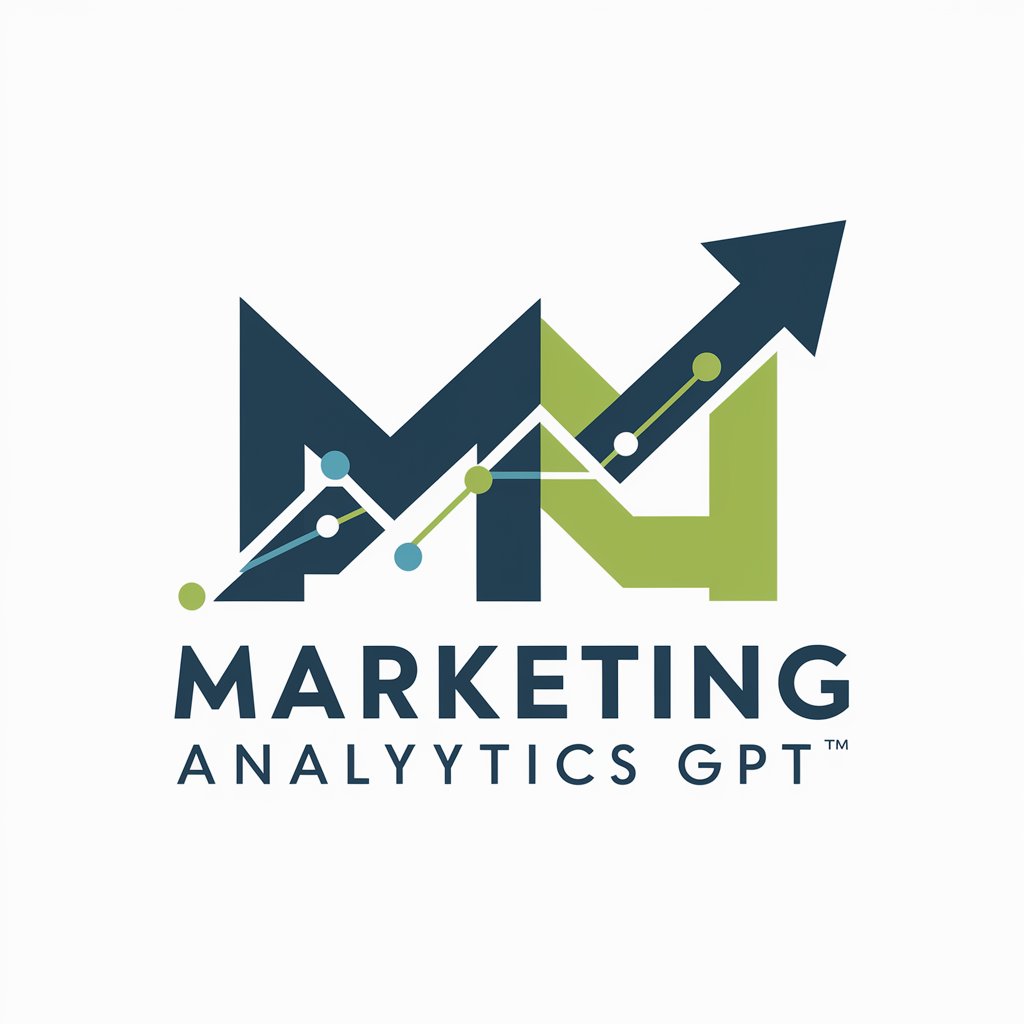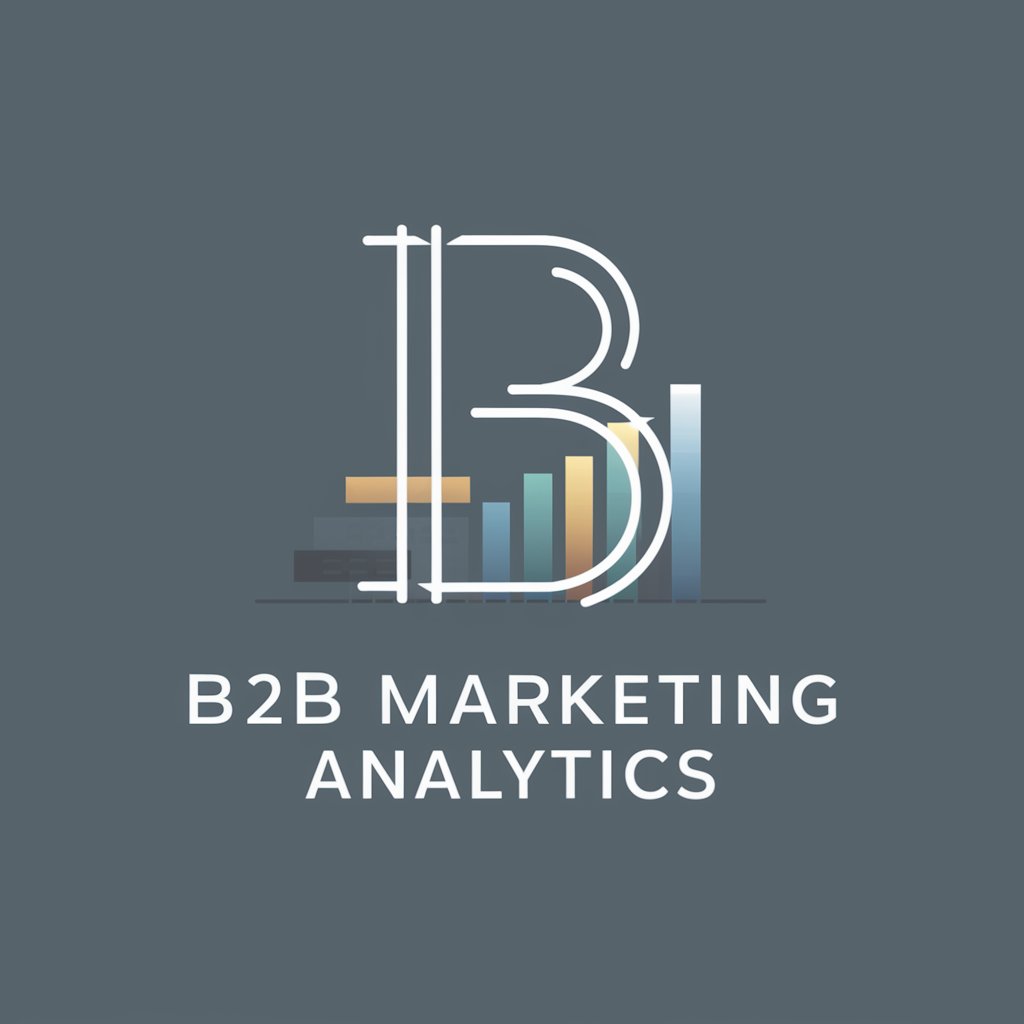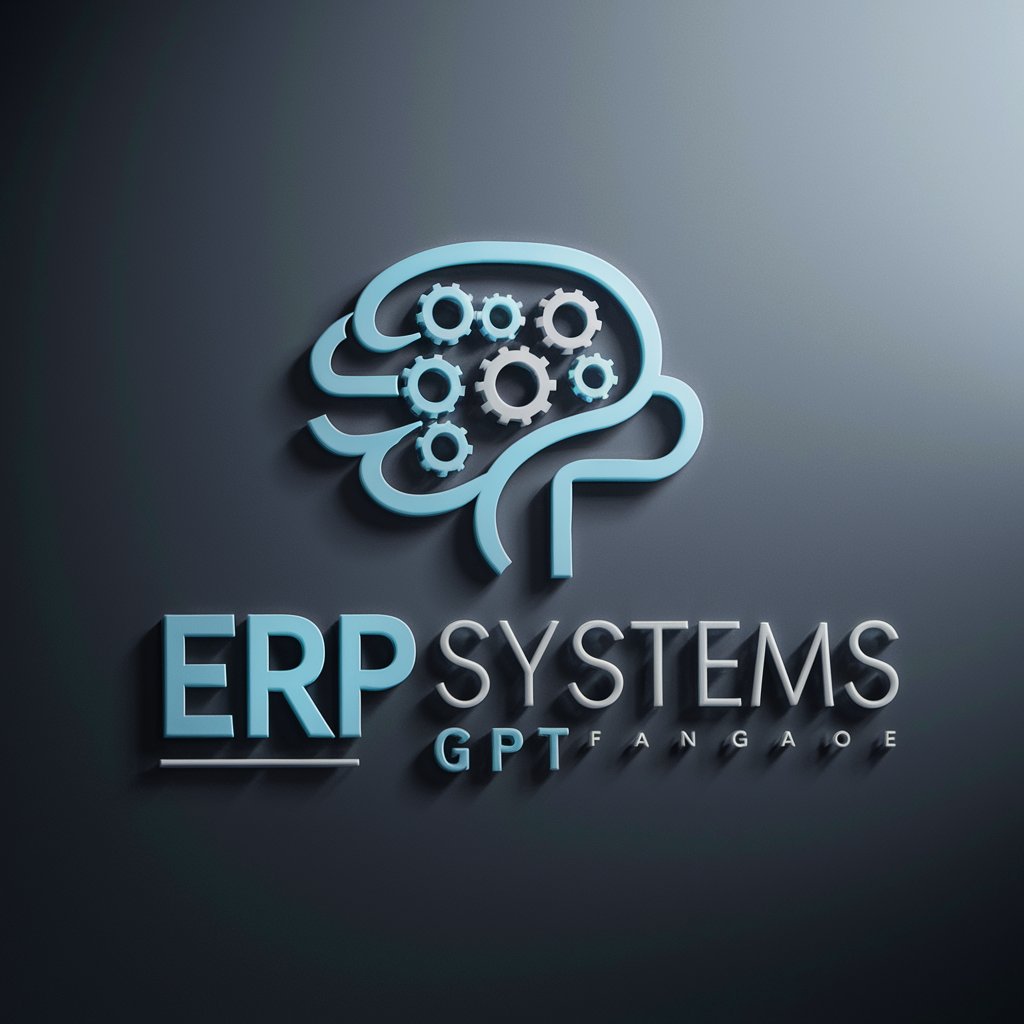
Marketing Analytics - Comprehensive Analytics Insights

Welcome! How can I assist you with your marketing analytics needs today?
Empower Your Marketing with AI-Driven Insights
How can I improve the performance of my marketing campaigns using analytics?
What are the key metrics to track for a successful digital marketing strategy?
Can you help me analyze the data from my latest email marketing campaign?
What are the best tools for measuring customer engagement and conversion rates?
Get Embed Code
Introduction to Marketing Analytics
Marketing Analytics encompasses the processes and technologies that enable marketers to evaluate the success of their marketing initiatives. This is done by measuring performance (e.g., blogging versus social media versus channel communications) using important business metrics, such as ROI, marketing attribution, and overall marketing effectiveness. Essentially, it's about learning what works and what doesn't, and using that knowledge to make better decisions. For example, a company might use marketing analytics to determine the ROI of its paid advertising campaigns, enabling it to allocate its budget more efficiently by focusing on high-performing channels. Another scenario could involve analyzing customer behavior on a website to identify which features or content lead to increased engagement or sales. Powered by ChatGPT-4o。

Main Functions of Marketing Analytics
Performance Analysis
Example
Analyzing campaign performance across different channels (social media, email, PPC) to determine which campaigns are delivering the best ROI.
Scenario
A retail brand uses performance analysis to compare the effectiveness of its Facebook ad campaigns against its Google Ads campaigns. By analyzing metrics such as click-through rate (CTR), conversion rate, and cost per acquisition (CPA), the brand reallocates its budget to emphasize the more effective channel, improving overall marketing efficiency.
Customer Segmentation
Example
Dividing a business's market into segments of customers based on similar characteristics to target marketing efforts more precisely.
Scenario
An e-commerce company uses customer segmentation to identify high-value customers based on their purchasing behavior and preferences. This enables personalized marketing communications, such as targeted emails with recommendations and special offers, increasing customer loyalty and lifetime value.
Market Trend Analysis
Example
Identifying and analyzing market trends to forecast future market conditions and guide strategic planning.
Scenario
A software company conducts market trend analysis to understand the growing demand for cloud-based solutions over traditional software. This insight leads to a strategic shift towards developing cloud services, aligning product development with market demand.
Marketing Mix Modeling
Example
Using statistical analysis to estimate the impact of various marketing tactics on sales and then forecast the impact of future sets of tactics.
Scenario
A beverage company employs marketing mix modeling to understand how television advertising, online marketing, and promotional events each contribute to sales. The analysis helps the company optimize its marketing mix, enhancing the effectiveness of its marketing spend.
Ideal Users of Marketing Analytics Services
Marketing Professionals
Individuals or teams responsible for planning, executing, and optimizing marketing strategies across industries. They benefit from marketing analytics by gaining insights into campaign performance, customer engagement, and market trends, which helps in making data-driven decisions.
Small and Medium Enterprises (SMEs)
SMEs can leverage marketing analytics to compete more effectively with larger companies by understanding their unique value propositions, optimizing their marketing spend, and targeting their marketing efforts more efficiently.
Digital Marketers
Professionals specializing in digital channels, who use analytics to optimize online presence, understand digital customer behavior, and improve online advertising and social media engagement.
Product Managers
Responsible for the development and marketing of products, they use marketing analytics to identify market needs, measure product performance, and tailor marketing strategies to different customer segments.

How to Utilize Marketing Analytics Effectively
Initiate Your Journey
Begin by visiting yeschat.ai to access a free trial without the need for login credentials or a ChatGPT Plus subscription.
Define Your Objectives
Identify and articulate clear marketing objectives. Understand what you aim to achieve with analytics, such as improving customer engagement, boosting sales, or optimizing ad spend.
Collect and Integrate Data
Gather data from various sources like social media, website analytics, and CRM systems. Ensure data quality and consistency for accurate analysis.
Analyze and Interpret
Use analytics tools to process your data, uncovering insights about customer behavior, campaign performance, and market trends.
Act on Insights
Apply the insights gained to refine marketing strategies, tailor campaigns, and make informed decisions. Continuously measure the outcomes to optimize further.
Try other advanced and practical GPTs
Data Visualisation Assistant
Visualizing data, simplifying insights.

Jay GPT
Empowering decisions with AI-driven insights.

Writing
Elevate Your Writing with AI Power

SEO Content Writing
Elevate Your Content with AI

Modern Marketing, Writing Assistant & Trainer
Empowering Creativity with AI Insight

Freebird Writing Wizard
Elevate Your Writing with AI

Business Expert
Empowering Business Decisions with AI

B2B Marketing Analytics
Empower Your B2B Marketing with AI-Driven Insights

ERP Systems
Streamlining Business Processes with AI

ERP
Empowering Businesses with AI-driven ERP

Code Assistant
Your AI-powered coding companion

CoderGPT
Empowering code creation with AI.

Frequently Asked Questions About Marketing Analytics
What is Marketing Analytics?
Marketing Analytics involves analyzing and interpreting data generated from marketing activities to make informed decisions, optimize strategies, and improve ROI.
How does Marketing Analytics improve campaign effectiveness?
It allows marketers to identify which campaigns are most effective, where to allocate budgets, and how to personalize marketing messages for different segments.
Can Marketing Analytics predict customer behavior?
Yes, by using historical data and predictive modeling, Marketing Analytics can forecast trends, customer responses, and potential future sales.
What are the key metrics in Marketing Analytics?
Key metrics include customer acquisition cost (CAC), customer lifetime value (CLV), return on investment (ROI), conversion rates, and engagement metrics.
How can small businesses benefit from Marketing Analytics?
Small businesses can use analytics to identify profitable niches, optimize limited marketing budgets, and tailor offerings to meet customer needs effectively.